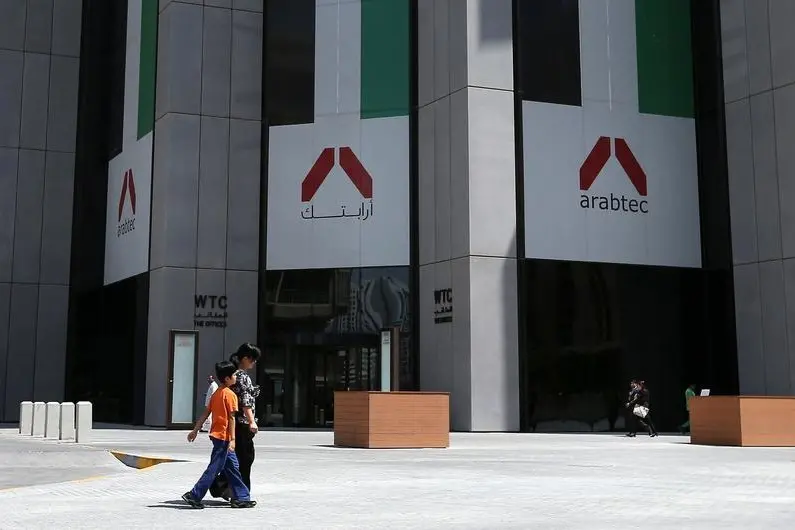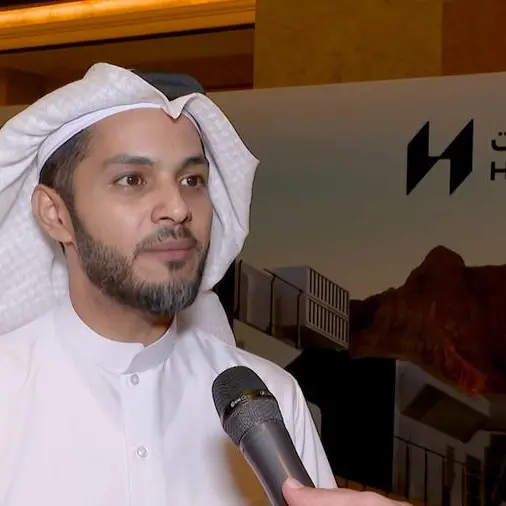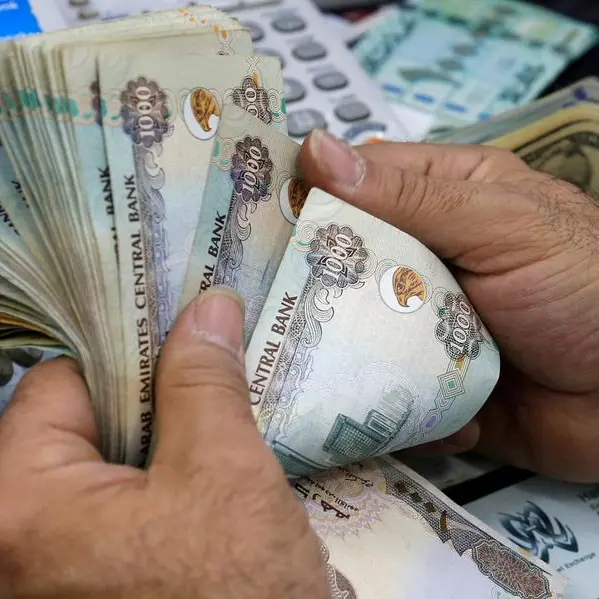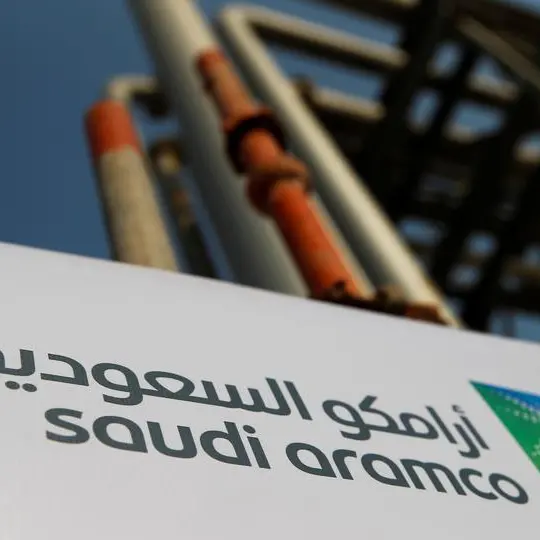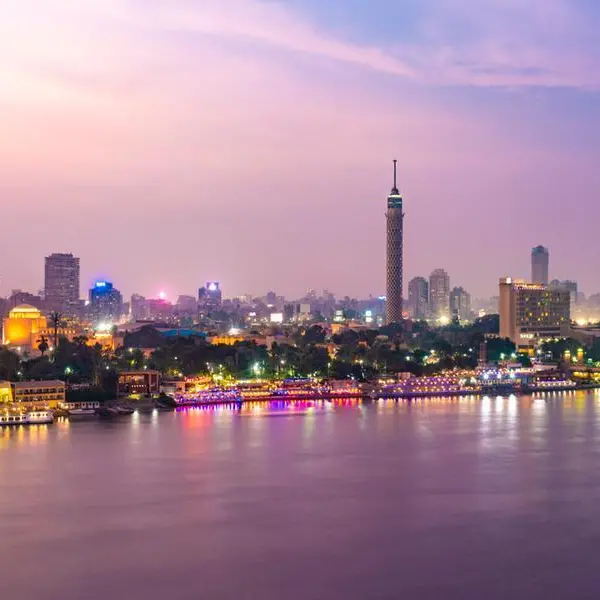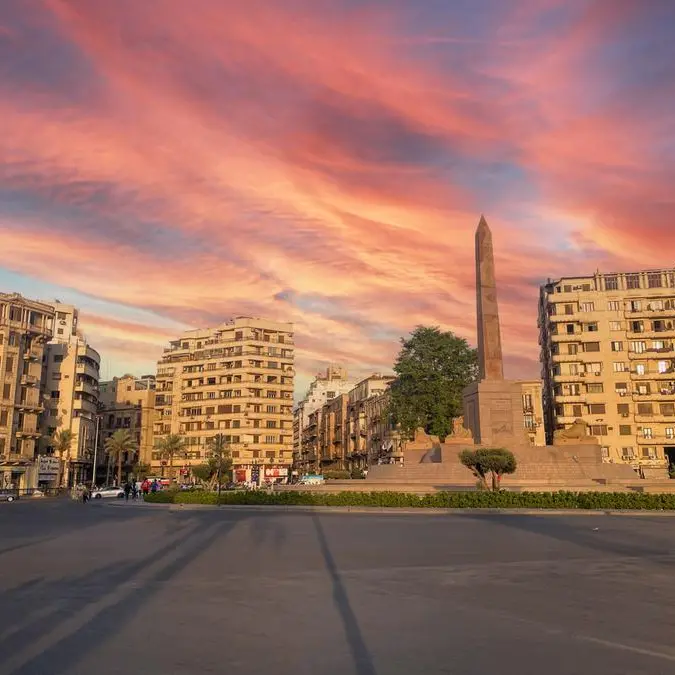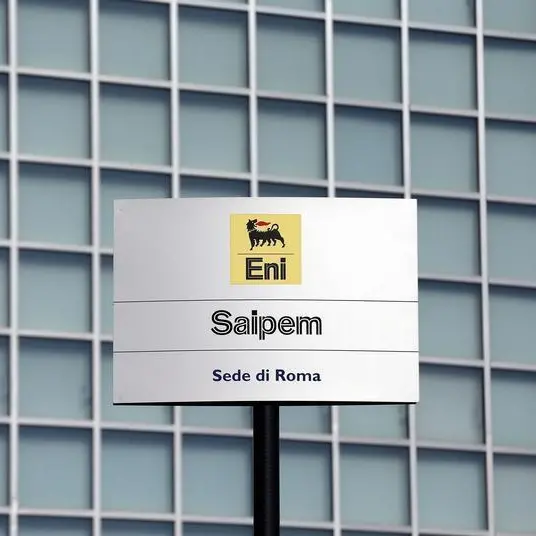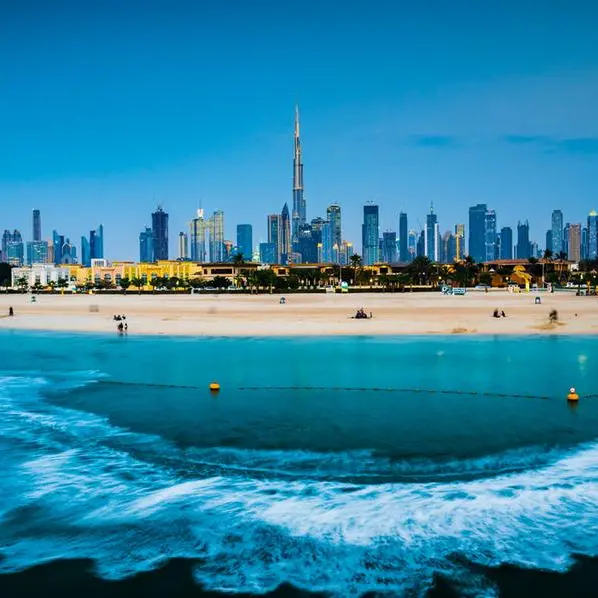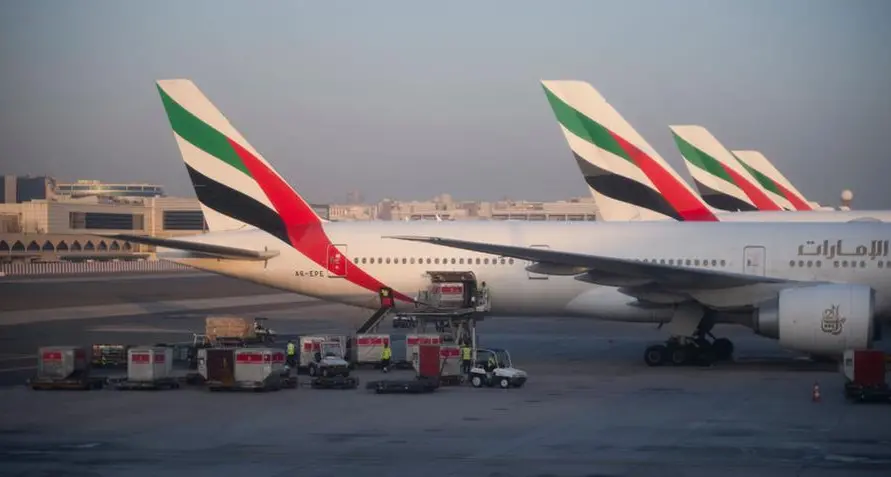PHOTO
For long-term shareholders of Arabtec Holding, the biggest contracting group in the United Arab Emirates, last year’s share recapitalisation was a bitter pill to swallow.
After the company had endured nine successive quarterly losses, shareholders had to accept the cancellation of 3.4 billion of its 6.1 billion shares to wipe out the losses that had been accrued over the previous two years. They also had to subscribe to new shares being issued under a 1.5 billion UAE dirham ($408.4 million) rights issue or face a further dilution of their stake.
Still, it seems that the medicine prescribed appears to be working and the patient is now in recovery mode. In 2017, Arabtec reported four successive quarterly profits, leading to it declaring a full-year profit attributable to its parent of 123.1 million dirhams in 2017, compared to a 3.4 billion dirham loss in the prior year. Revenue also increased by 12 percent to 9.1 billion dirhams ($2.5 billion).
And if last year’s exercise was largely geared around stabilising the company – offloading non-core businesses, chasing legacy debts and attempting to get paid more quickly – efforts in 2018 will focus on restoring it to a much healthier position.
Arabtec is attempting to secure a base of about 8 to 9 bilion dirhams worth of new work each year (last year, it secured over 5.3 billion dirhams in new awards) at the same time as it attempts a ‘rebasing’ of the business to make it more efficient.
Chief executive Hamish Tyrwhitt, who was appointed in November 2016 to lead a turnaround of the company, tells Zawya at an interview in Dubai in early April that “within the UAE, our drive this year is about providing efficiency, productivity and innovation”.
“That's because, when we look historically at the business, our output or productivity has not been at an acceptable level,” he adds.
Tyrwhitt states that 6,000 people have already been removed from the company’s payroll within the past 12 months, bringing the total to 50,000.
“Some companies go about it and talk about headcount reduction, which I don't believe is the right way to look at it,” he says. “You've got to look at what is the service you are providing, and can you provide it more productively or efficiently?
“That doesn't necessarily mean cheaper. There can be other benefits that come from doing it if it improves your productivity, efficiency or output in other areas.”
He cites transport as an example, stating that the company has outsourced 491 drivers, accompanied by the buses that they operate, to a dedicated transport company. It then hires the drivers and fuel back from the company.
Previously, he said, these buses might leave for a site at 6.00am, but could then be parked all day before returning workers back to camps. He said that a transport company could use these more efficiently, by picking up and dropping off other workers on different shift cycles.
Another example he uses are flights, stating that the firm is obliged to repatriate workers every 12-24 months.
“The logistics of managing that is enormous,” he says. “Isn't it better to give them the equivalent value of the airfare and then let them decide where it is that they want to go? We've got staff that have worked with us here for maybe 20 years - do they still go to the place they called home 20 years ago?”
Leaner machines
Similarly, providing employees who use company cars with a cash equivalent not only removes unnecessary administrative burdens, it also represents a more efficient use of the company’s assets, he argues.
“We don't need to have our balance sheet tied up in these benefits,” he argues.
Tyrwhitt believes this outsourcing of activities could eventually extend to housing, removing the requirement for company-owned camps in the longer run.
In the meantime, Arabtec has embarked on a rationalisation of its worker accommodation, shutting a 7,000-strong camp in Musaffah at the end of last year, and redeploying the workers to sites with surplus capacity to camps that were much closer to Arabtec’s projects.
Tyrwhittt said that Musaffah was on the wrong side of Abu Dhabi to where much of its work - along the Abu Dhabi-Dubai corridor on sites such as Midfield Terminal and Yas Island – are taking place.
“We were bussing some of our workers for four hours a day, yet we had camps even closer, but people weren't looking at these things.”
The company is also looking to achieve more efficiency in terms of its use of capital by re-profiling some of its short-term debt, and by improving its net debt-to-equity ratio, which stood at 111 percent at the end of 2017 (net debt stood at almost 1.5 billion dirhams, and total equity at 1.34 billion dirhams).
Tyrwhitt said that Arabtec currently has relationships with an “enormous” number of banks, due to the fact that many of the joint venture companies in which it is a partner has its own, bespoke debt package.
“Everybody seems to have done a deal,” he says.
Arabtec’ holding company now has a treasury function and strategy whose job it is to make sure that the company “is getting a return for the assets and the funds we put down”, he says.
Back in the race
In terms of its balance sheet, he says the company is continuing to pursue legacy claims, and has re-entered arbitration with Meydan over the long-running dispute surrounding its removal from a job to build the famous Dubai racecourse midway through its delivery 10 years ago.
Previous management had dropped the claim against the racecourse’s developer in 2013, only to restart it in 2016 a year after its former joint venture partner on the contract, Malaysian firm WCT, secured a pay-out of over 1.1 billion dirhams for its work on the project. Tyrwhitt describes the Meydan claim as “the longest and largest dispute that we have”, but adds that the gestation period between a claim being pursued and a resolution could take two-to-three years.
Another battle the firm has on its hands –albeit a perennial one for the entire Middle East contracting industry – is getting clients to pay debts more quickly.
“At the moment, the construction industry here uses too much of its balance sheet to fund projects that we shouldn't be funding - we're not a bank,” he says.
He points out that contractors generally have to accept 90 to 120 day payment terms, but that even before an invoice is submitted it can take a month for a client to certify that an invoice can be submitted for the work carried out.
“So it's six months of revenue, and for Arabtec that's 4.5 billion dirhams that just sits there in this cycle,” he says.
Tyrwhitt says that he hopes the introduction of value-added tax (VAT) can speed this up, as clients have an obligation to certify payments quickly so the tax can be paid on time.
He also says that Arabtec’s ‘4-Gate Work Winning Process” implemented last year, which requires separate approvals before the company decides whether to pursue an opportunity, to work on a bid, to tender, and to sign a contract has made it much more selective in terms of who it will work for, which
“In the past, we were screening out maybe 2 percent of opportunities that came to us,” Tyrwhitt says. “We're now screening out almost 50 percent.”
Of those projects it decides to bid for, it is landing one-in-five, he says. Tyrwhitt is also optimistic about long-term prospects, despite some economists voicing concerns about the outlook for the UAE’s construction market after Expo 2020.
Home comforts
Tyrwhitt says the country will continue to benefit from its status as a hub city in an era where globalisation will progress, despite challenges.
“I think we're very privileged and lucky to be in Dubai and the UAE in these times because there's arguably nowhere else in the world as global as this city,” he argues.
“If you look at Dubai - and I mention Dubai because we're sitting in it, but it's also broader the UAE- this is an incredibly attractive offering and destination for people to come and live. It's got the safety, it's got security, it's got great quality infrastructure… it's a transportation hub globally.
“It's got opportunities for every sector of demographics of society coming in to work and live here,” he says.
He is also optimistic about expansion into other markets – most notably Egypt, Saudi Arabia and Bahrain.
Shareholders have yet to be convinced of this brighter future, though. Arabtec’s shares are 26 percent lower so far this year, despite the board announcing in March that it would reintroduce a dividend payment for the first time in six years. Analysts seem more impressed with the job done so far.
First Abu Dhabi Bank set a target price of 2.60 dirhams per share on the stock in March at a time when it was trading at 2.33 per share, but it has since declined in value to 1.75 dirhams at Monday’s close, giving it a market capitalisation of 2.63 billion dirhams.
In a telephone interview with Zawya last month, Lina Hisham, an analyst at Egypt’s Naeem Holding, said that the company has made progress in reducing its net debt-to-equity ratio, but expressed concerns about the prospect for the UAE’s real estate market, which is a key source of revenue for Arabtec – 60 percent of its backlog at the end of last year was in buildings, and 80 percent was in the UAE.
“However, it’s a good investment for now,” Hisham said. ‘They had 5 billion (dirhams) in new awards in 2017 so that should at least ensure their revenues for the next two years.”
Selima Mrabet, an analyst at Tunisia-based equities research firm Alphamena, said in an emailed response to questions that Arabtec had “gained ground” in terms of its finances since last year’s recapitalisation, but added that it was “still encountering a significant hurdle to generate cash from its operations due to increasing working capital requirements”, with the company’s receivables increasing by 23.4 percent throughout 2017 to 5.29 billion.
“Much has been accomplished with success, but there is still much to be done in terms of cash generation capacity,” she said.
(Reporting by Michael Fahy; Editing by Shane McGinley)
(michael.fahy@thomsonreuters.com)
Our Standards: The Thomson Reuters Trust Principles
Disclaimer: This article is provided for informational purposes only. The content does not provide tax, legal or investment advice or opinion regarding the suitability, value or profitability of any particular security, portfolio or investment strategy. Read our full disclaimer policy here.
© ZAWYA 2018
